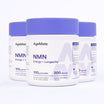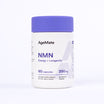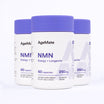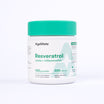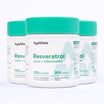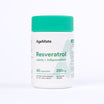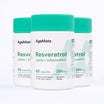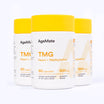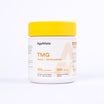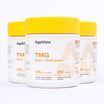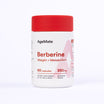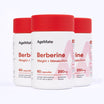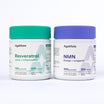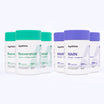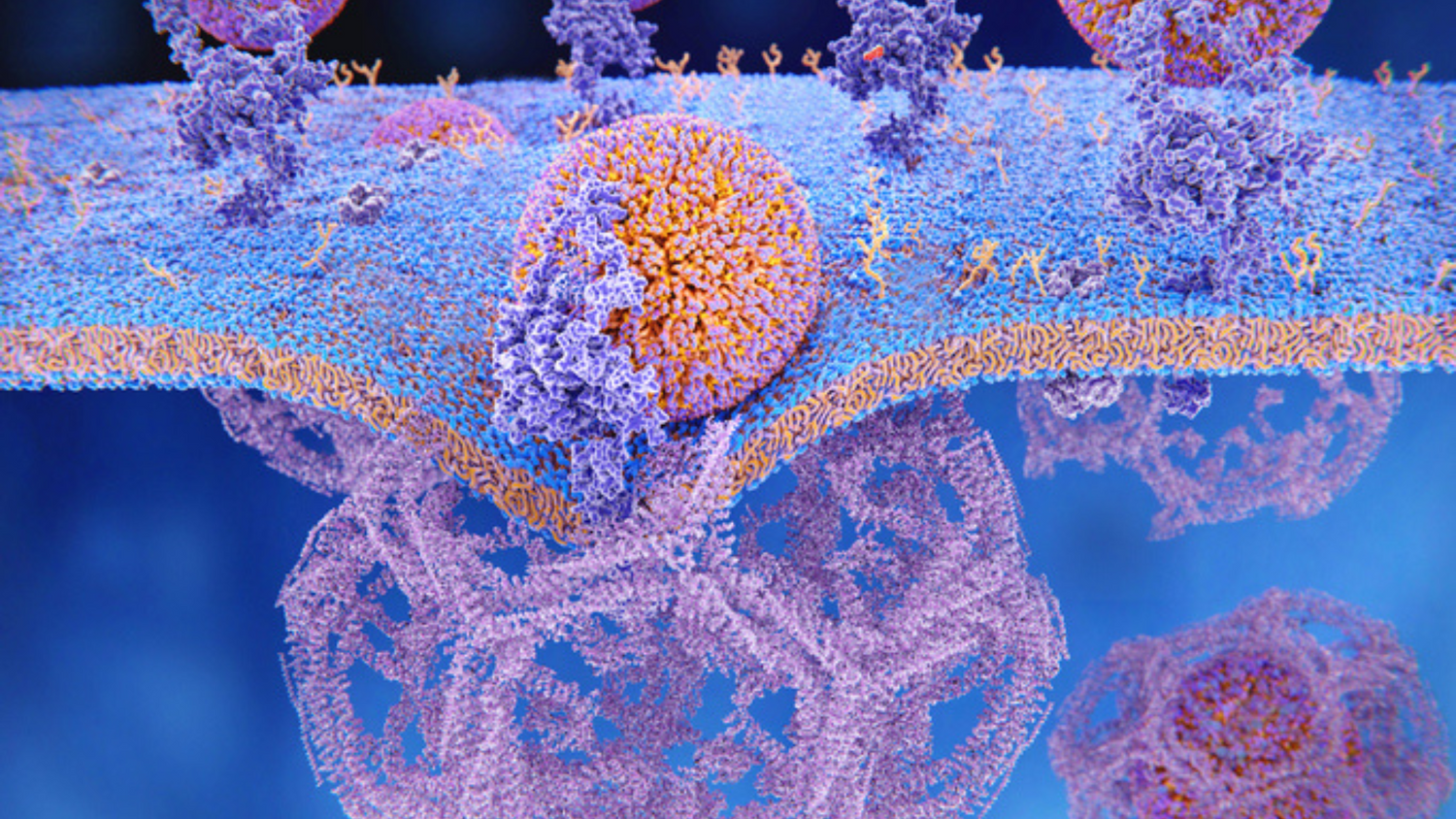Did you know that the tiny particles carrying cholesterol in your blood can significantly influence your lifespan? As we delve into the complex world of cholesterol and its impact on health and longevity, two key players often come to the forefront: ApoB and LDL cholesterol. Both are critical in understanding cardiovascular health and their role in the ageing process. Let’s explore these components, their significance, and how we can manage their levels for better health outcomes.
What is LDL Cholesterol?
LDL cholesterol, often referred to as “bad” cholesterol, is one of the primary lipoproteins responsible for transporting cholesterol in the blood. High levels of LDL cholesterol are linked to an increased risk of cardiovascular disease, as it can accumulate in the arterial walls, leading to plaque formation and narrowing of the arteries (R).
What is ApoB?
Apolipoprotein B (ApoB) is a primary protein found in low-density lipoprotein (LDL) particles. Each LDL particle contains one ApoB molecule, making it a direct indicator of the number of LDL particles circulating in the bloodstream. High levels of ApoB are associated with an increased risk of atherosclerosis and cardiovascular disease, as LDL particles can deposit cholesterol into artery walls, leading to plaque buildup (R).
Can You Have High LDL and Low ApoB?
While LDL and ApoB levels are closely linked, it is possible to have high LDL cholesterol with relatively low ApoB levels, and vice versa. This scenario might occur due to variations in the size and density of LDL particles. Smaller, denser LDL particles are more atherogenic and may have a higher ApoB content, even if total LDL cholesterol is not markedly elevated (R).
How to Test ApoB
ApoB levels can be calculated through a simple blood test. This test measures the concentration of ApoB in the blood, providing a direct indication of the number of atherogenic particles. Your healthcare provider can arrange for this test, typically as part of a comprehensive lipid profile evaluation.
Lowering ApoB: Strategies and Tips
To lower ApoB levels, several strategies can be employed. Dietary changes, such as reducing saturated fat intake and increasing fibre consumption, are foundational steps. Regular physical activity also helps improve lipid profiles by increasing the clearance of LDL particles. Additionally, certain medications, like statins, can effectively reduce ApoB levels by lowering the production of LDL cholesterol in the liver (R).
Statins and ApoB: Do They Help?
Statins are widely used to lower cholesterol levels and have been shown to reduce both LDL cholesterol and ApoB levels. By inhibiting the enzyme (HMG-CoA reductase), which is
involved in cholesterol production in the liver, statins decrease the number of LDL particles, subsequently lowering ApoB concentrations. This dual effect makes statins a potent option for managing cardiovascular risk (R).
In addition to statins, other cholesterol-lowering medications, such as PCSK9 inhibitors, bile acid sequestrants, and ezetimibe, may be prescribed. Regular monitoring and follow-up with healthcare providers are essential to ensure effective management (R).

Improving ApoB Levels and Lowering LDL Cholesterol Naturally
Dietary Patterns and Specific Foods
Adopting a heart-healthy lifestyle can significantly improve ApoB levels and lower LDL cholesterol. Specific dietary patterns like the Mediterranean diet, DASH diet, and plant-based diets have been shown to improve lipid profiles. Consuming a diet rich in fruits, vegetables, whole grains, and healthy fats, such as those found in olive oil and avocados, supports optimal lipid metabolism.
Foods rich in omega-3 fatty acids, nuts, fatty fish, legumes, and whole grains are particularly beneficial. Reducing the intake of saturated and trans fats, increasing soluble fibre intake, and incorporating more plant-based foods can make a significant difference (R, R).
Lifestyle Interventions
Integrating various forms of exercise, such as aerobic and strength training, can positively impact lipid levels. Regular physical activity, maintaining a healthy weight, and avoiding tobacco use are crucial components of managing ApoB levels and lowering LDL cholesterol. Incorporating physical activity into daily routines and practising stress management techniques, like mindfulness and meditation, are also important (R).
Supplementation and Natural Remedies
Certain supplements, including plant sterols, soluble fibre supplements, and omega-3 supplements, may aid in lowering LDL and ApoB levels (R).
Berberine has been extensively studied and shown to significantly reduce LDL cholesterol levels and improve overall lipid profiles by activating AMP-activated protein kinase (AMPK), a key enzyme in regulating lipid metabolism. Multiple clinical trials support berberine’s efficacy; for instance, a study published in the journal Metabolism found that berberine reduced LDL cholesterol by 25% and total cholesterol by 18% in hyperlipidemic patients. Additionally, berberine improves insulin sensitivity and possesses anti-inflammatory properties, further enhancing its cardiovascular benefits (R).
The Influence of LDL Cholesterol and ApoE on Lifespan
LDL cholesterol and ApoE significantly influence lifespan and overall health. ApoE is involved in the metabolism of fats in the body and exists in different forms, which can impact cholesterol levels and cardiovascular risk. For example, the ApoE4 variant is associated with higher cholesterol levels and an increased risk of Alzheimer’s disease and cardiovascular disease (CVD). Conversely, the ApoE2 is associated with lower LDL cholesterol levels and a reduced risk of CVD (R). Managing LDL cholesterol and understanding one’s ApoE genotype can provide insights into personalised strategies for improving lifespan and health outcomes (R, R).
By understanding and managing ApoB and LDL cholesterol, you can take proactive steps towards healthier ageing, reducing your risk of cardiovascular disease, and enhancing your overall wellbeing. Stay informed, make healthy choices, and embrace the journey to a longer, healthier life.
Learn more about AgeMate’s Berberine here.



